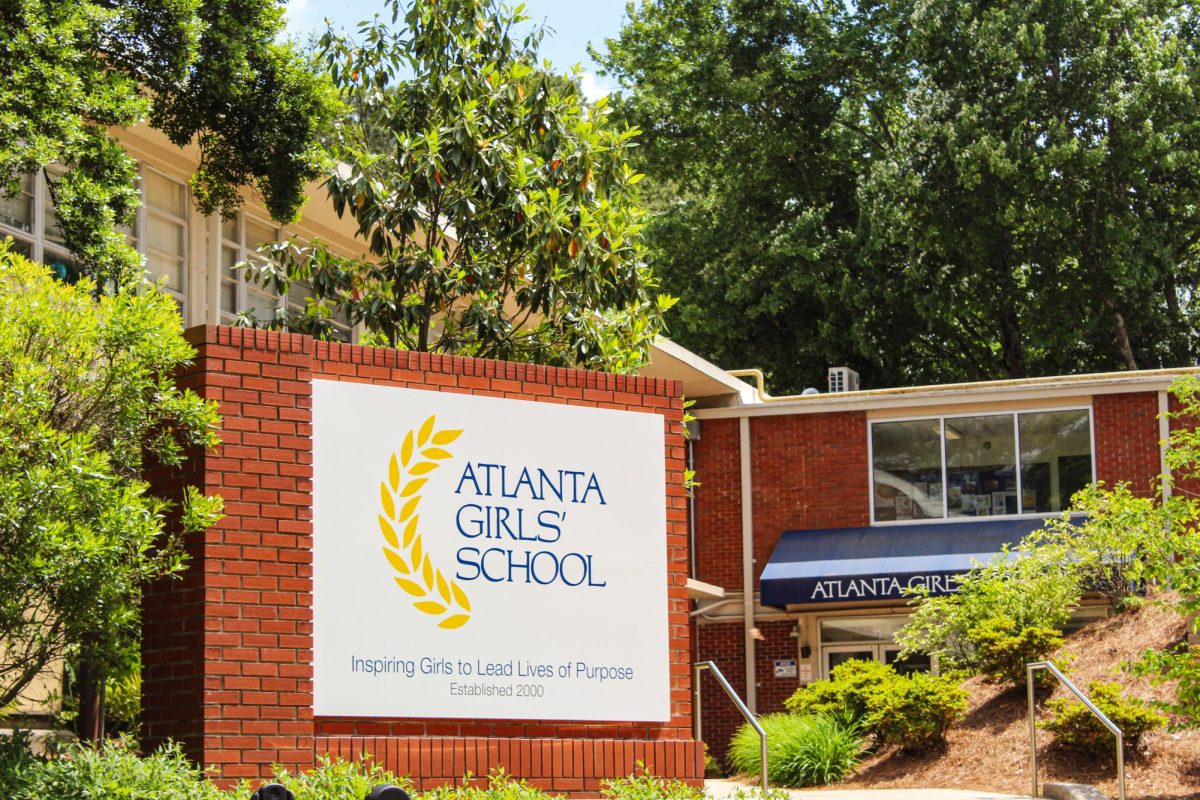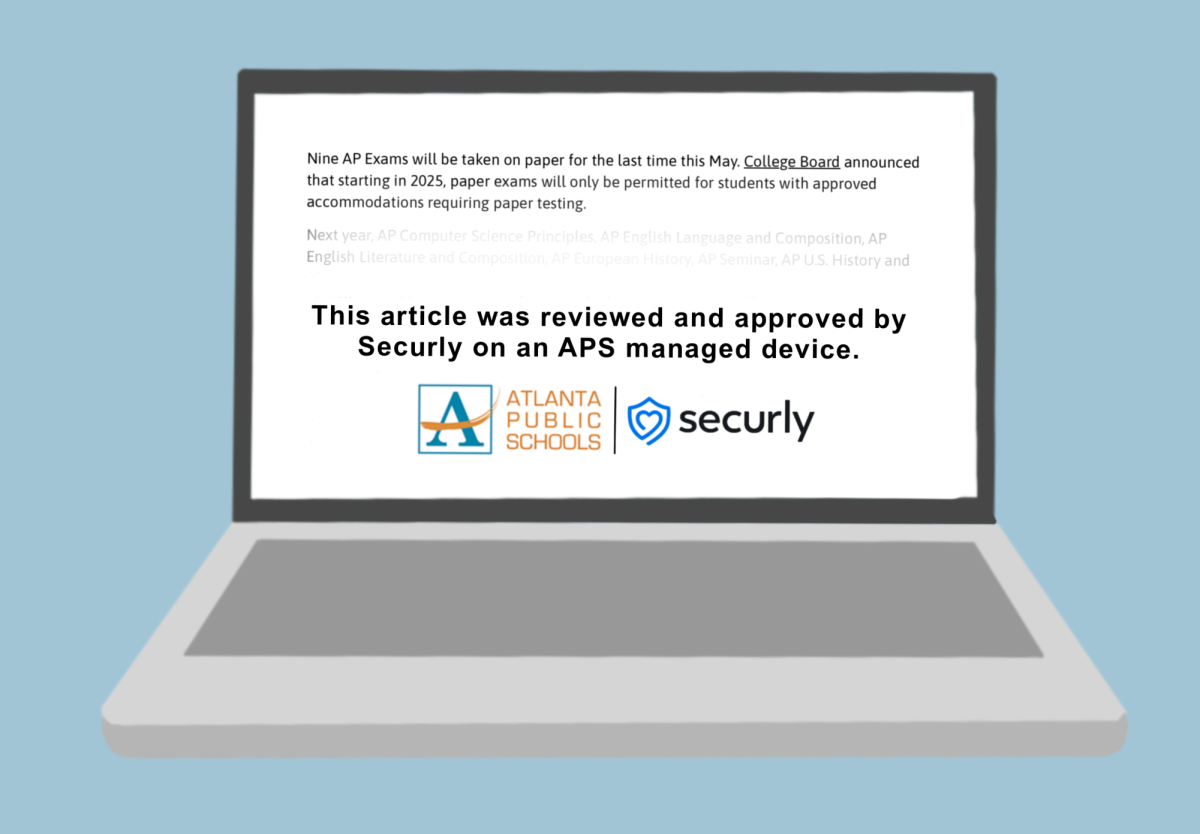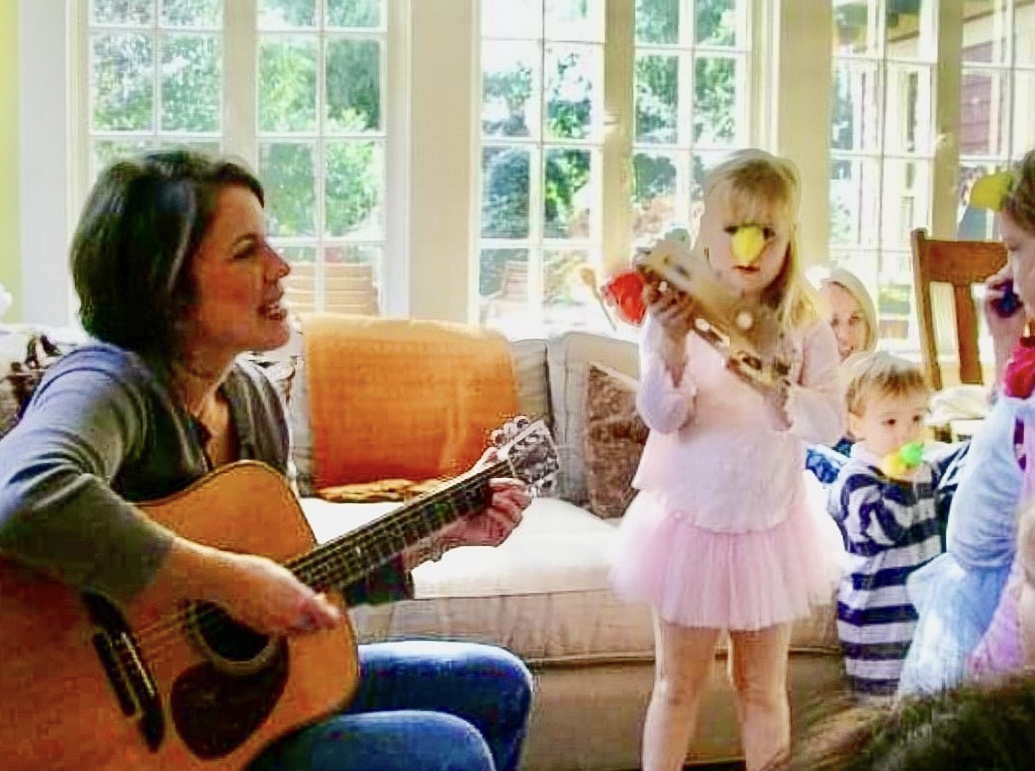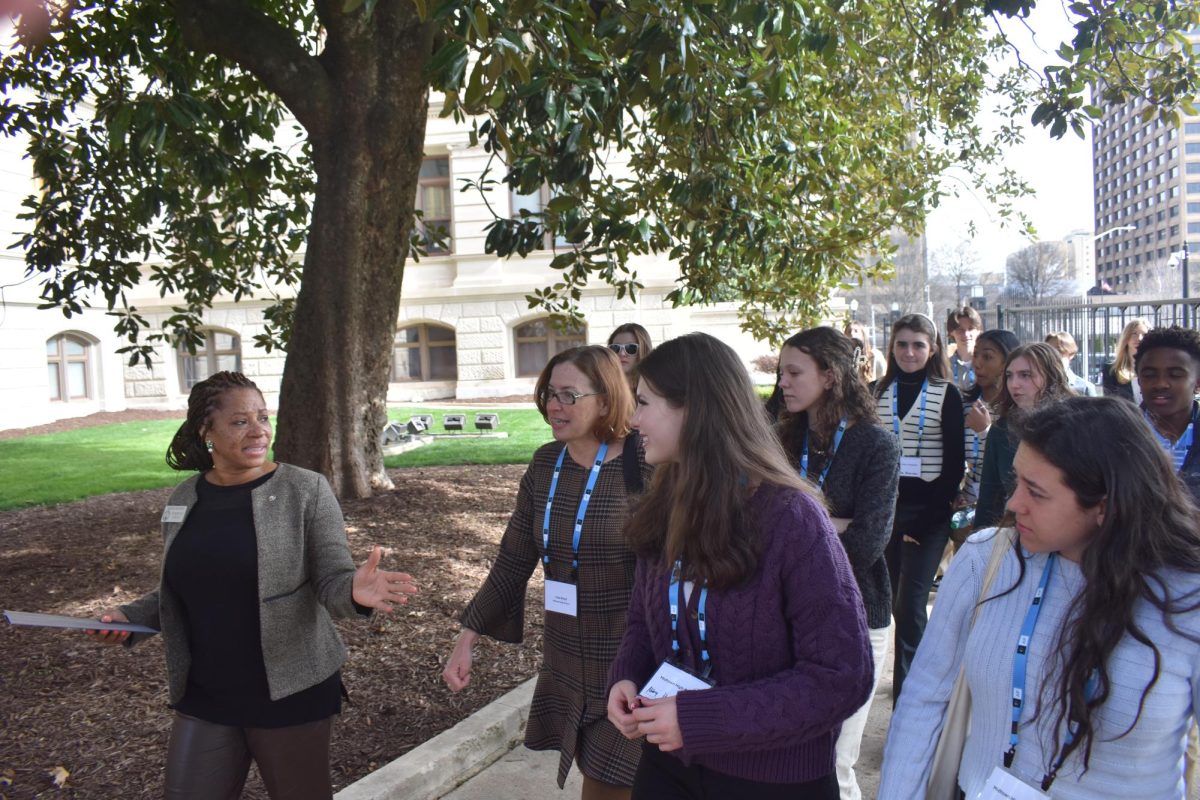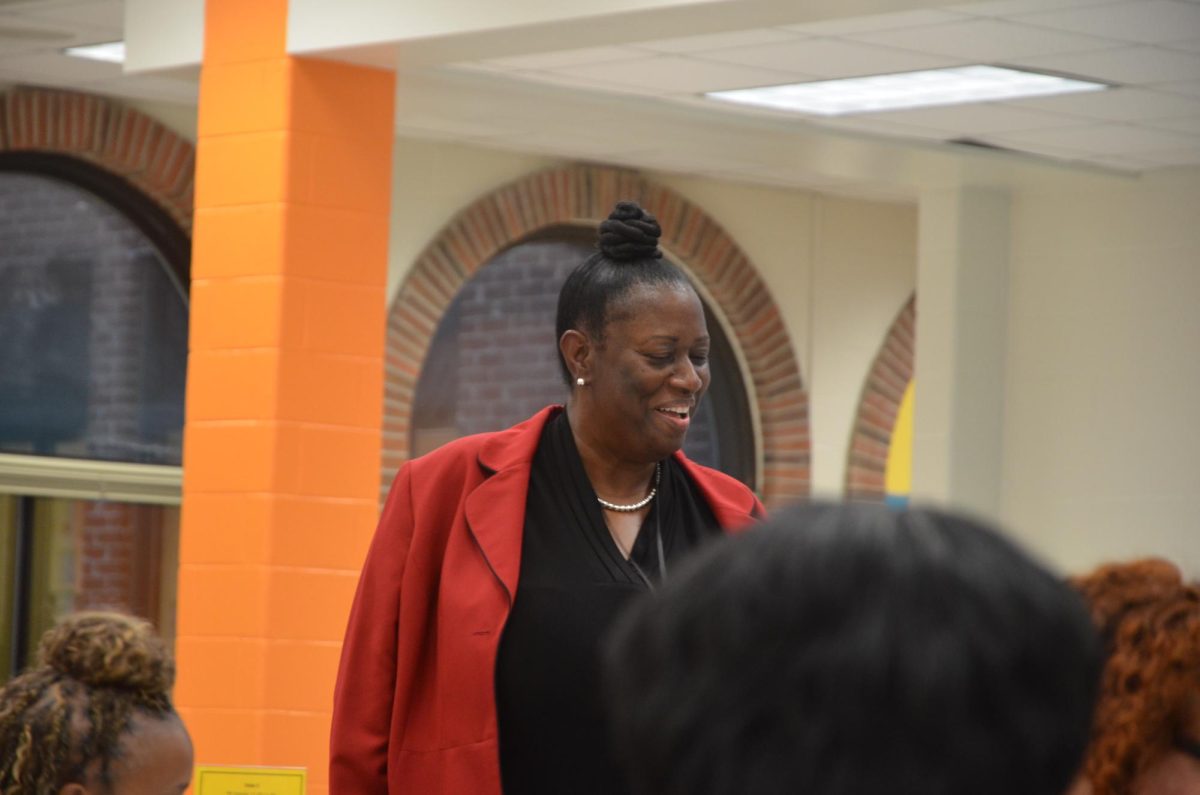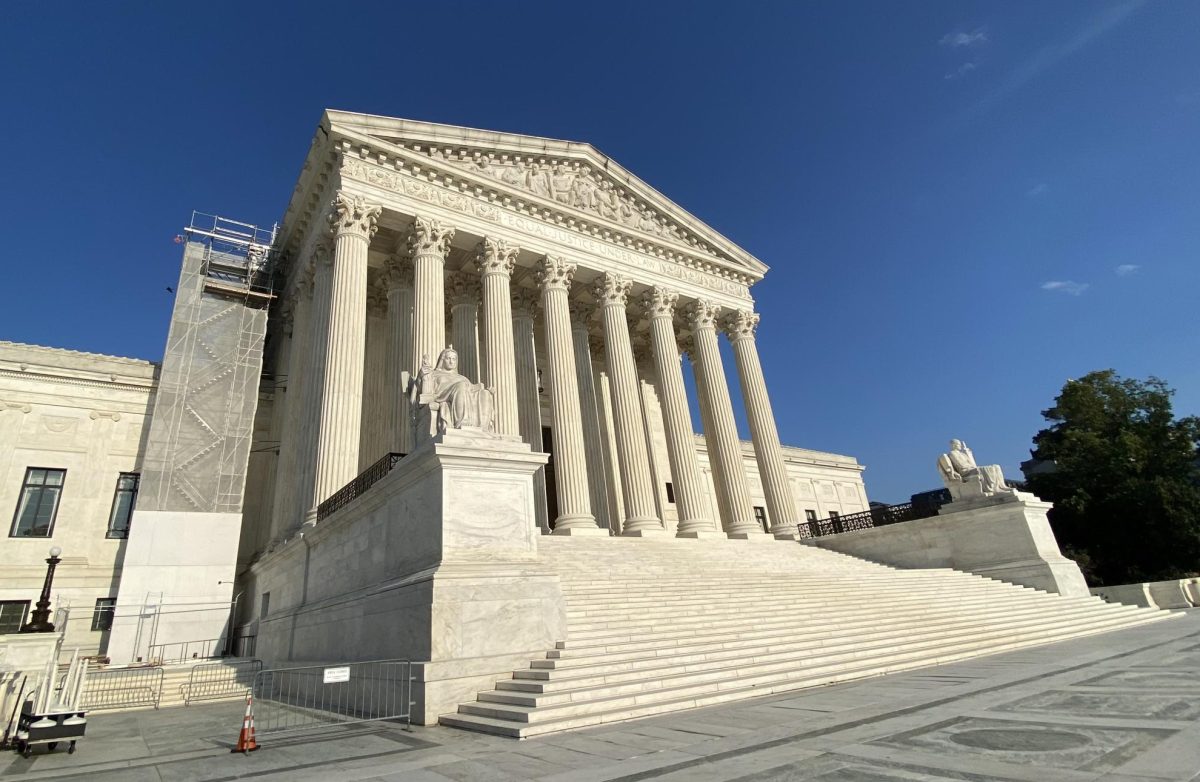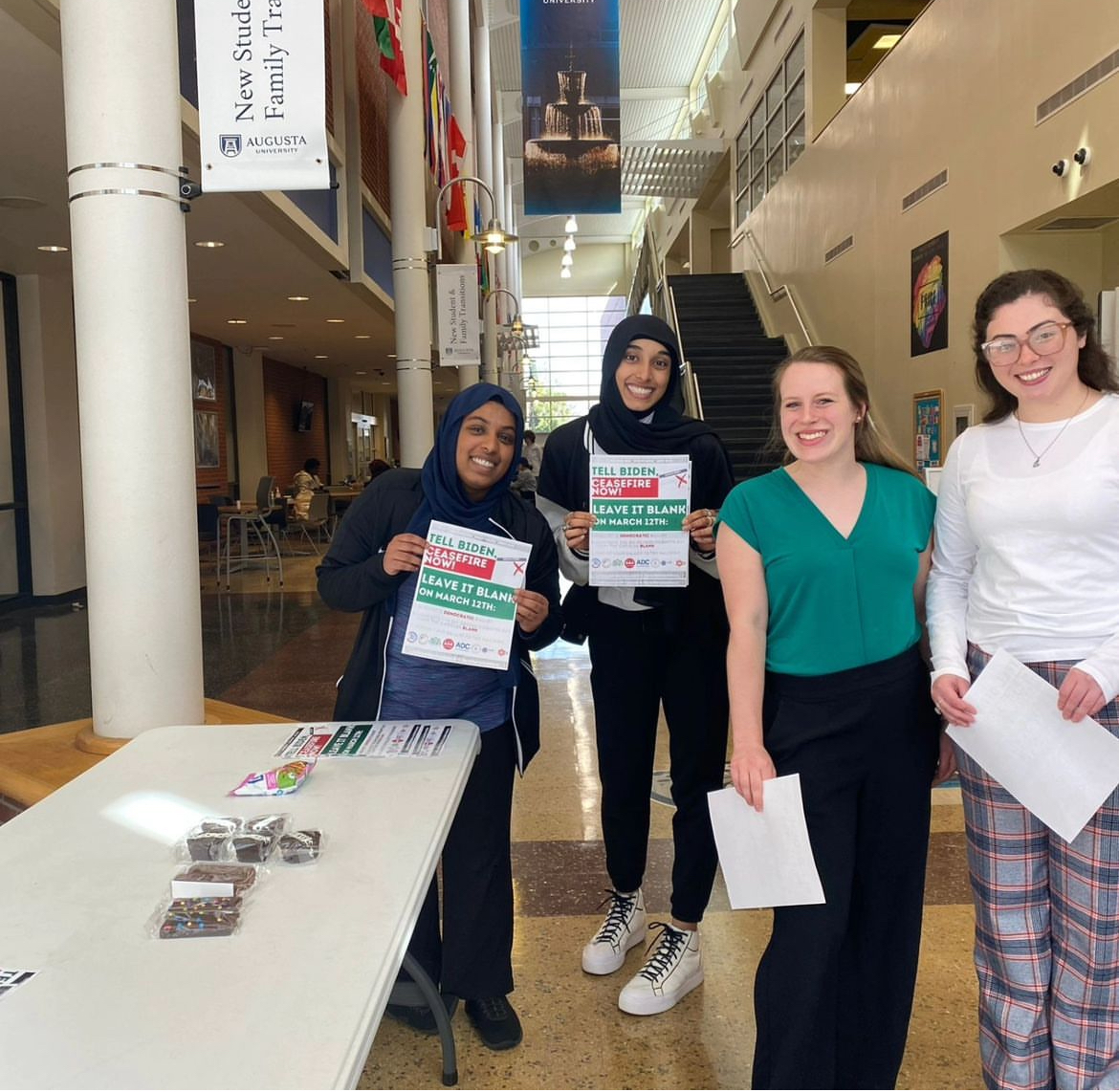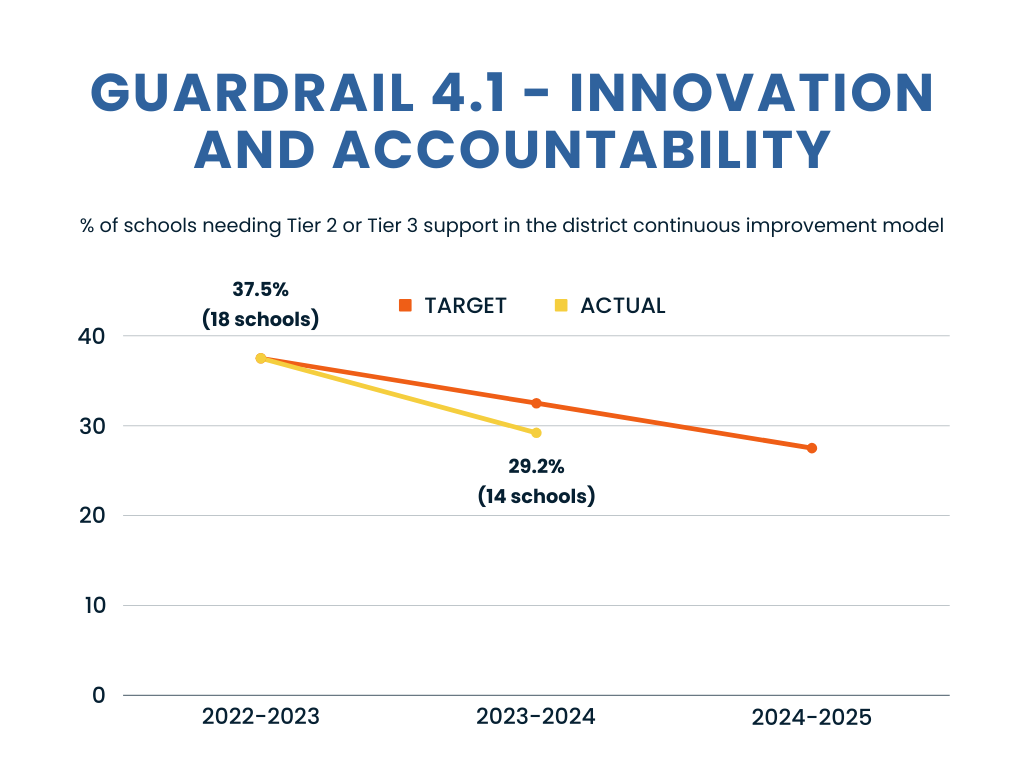Georgia’s only non-sectarian girls school, Atlanta Girls’ School (AGS), plans to close at the end of the semester after 24 years.
Low enrollment and insufficient funding led the AGS Board of Trustees to not continue the program in the 2024-25 school year. Director of Strategic Communications and Marketing Tracy Lott said AGS has not yet granted interviews with outside media regarding the school’s closing.
“After careful consideration and extensive deliberation, Atlanta Girls’ School’s Board of Trustees has made the very difficult decision to close Atlanta Girls’ School at the end of the current academic year in May 2024,” AGS announced on its website. “Our top priority continues to be our students and preparing them for their life ahead.”
Aliya Naim was a part of the first graduating class in 2007 to go through 6-12 school. Naim said that within 30 minutes of hearing the news of AGS closing, her class was devastated, saying they would be different people without AGS.
“All the girls were in leadership positions,” Naim said. “Always in student government, always the smartest in the class, always the kindest in the class, always the most athletic, or most talented musically, or artistically, because it was all girls. Having that environment really brought so many people out of their shell. I think that in 6th-9th grade, it’s a very vulnerable time for adolescents. It’s where a lot of people don’t have good memories. What I hear from all of my peers who went to that school, and what I think, is that because it was a comfortable close environment where we were encouraged to really be excellent in academics, as well as in other parts of our lives.”
Junior Kinley Roberts attended the summer camp AGS offered for five years with her two younger sisters. Activities, such as making her own video games, are memories. Roberts said she is glad to have experienced the school.
“[The closing] is super sad because it was a really great space, especially for young girls who don’t really have the chance to do a lot of those things anywhere else,” Roberts said. “[It was a great place especially] to learn more STEAM-oriented skills. It’s definitely a loss for communities.”
Naim said the freedom of the teachers created a beneficial environment for students. She specifically valued the three-week period following Winter Break where students took non-traditional short-term classes such as car maintenance or poetry.
“[AGS teachers] could come up with the things that they like,” Naim said. “They could just be like, ‘Ok, I’m going to teach about this for three weeks.’ It was a taste of what you get in college where you get the freedom to think about, ‘What interesting things are out there for me to learn?’ It was just three weeks, but I think it had such a big impact on how people viewed learning.”
Another unique aspect of AGS’s instruction is the division of history lessons, where sixth graders learned ancient history through the Romans and seventh graders learned about the Byzantine Empire. Naim said this influenced her interest in history, which led her to major in international affairs.
“[As a result of] splitting up history over a longer period, we were able to do so much more exploring of primary resources and of understanding what we were learning,” Naim said. “I think that had a big impact on me, and it was because of the creativity. We had two or three really cool history teachers who were like, ‘Let’s do something different,’ and then they just did. I think it’s a really good example of the kind of creativity that AGS encouraged the teachers and the kind of effect it had on the students.”
Even though Roberts only did summer camps at AGS, she believes the lessons impact who she is today.
“It was really my first time working with more technology-type things,” Roberts said. “I went when I was pretty young and then I fell in love with it. I still do a lot of the same things that I learned there today, which is super cool.”
From its opening in 2000, AGS made an effort to have a mixed board, a strong ethic on financial aid, and a diverse student body. The student body currently comprises over 50 Metro-Atlanta zip codes and 60% students of color. Coming to the school with a scholarship, Naim noticed when competing with other private schools the difference in diversity.
“I think one downside of going to a private school is sometimes you give up diversity, and you’re in this environment that feels very homogenous, but AGS wasn’t like that,” Naim said. “I think that’s a really special thing that they had. Other private schools want diversity, they’ll give scholarships now, they really want diversity, but actually, if you don’t start out with it, it’s really hard to get it afterward. A student who maybe doesn’t fit in will tour the school, and they’ll be like, ‘This doesn’t seem like my jam. There’s no one like me here.’ I know other people who went to private schools and that was their experience. I think that was really forward thinking of the founders and the board.”
The school emphasized fellowship among students. Naim believes girl leadership models while growing up shapes students.
“Something that really can’t be underestimated is the fellowship of girls should uplift each other,” Naim said. “[It gives students] the message that women belong in leadership and the assumption that we belong in places where you may not see a lot of women. It’s our right to shift the narrative. It was so plain to me that it was having an effect on people.”
Naim knew the impact AGS had on her graduating class, however, the closing made her realize the extent to which other girls who had attended for shorter periods had been shaped.
“I remember seeing someone post about how much she was impacted by AGS, and I remembered she was only there for 6th and 7th grade,” Naim said. “Some of these seniors who were in the first graduating class, I mean it was their whole high school, but four years, or people who came in the last year. I noticed that people were impacted by it even having only spent a short time in the school. People are resilient. It’s not the only school in the world. People will get what they need, hopefully, elsewhere, but so much love and work went into building that school.”






